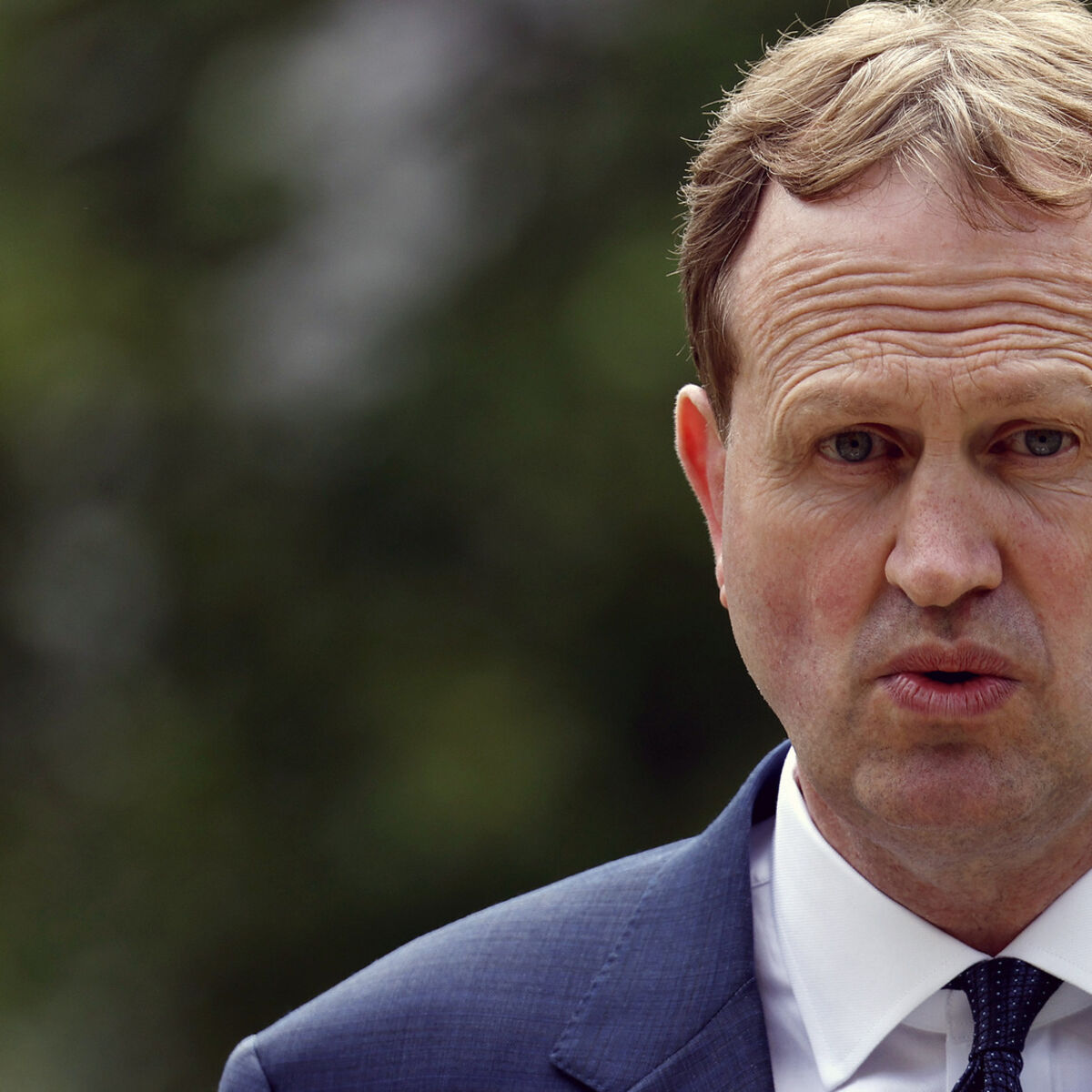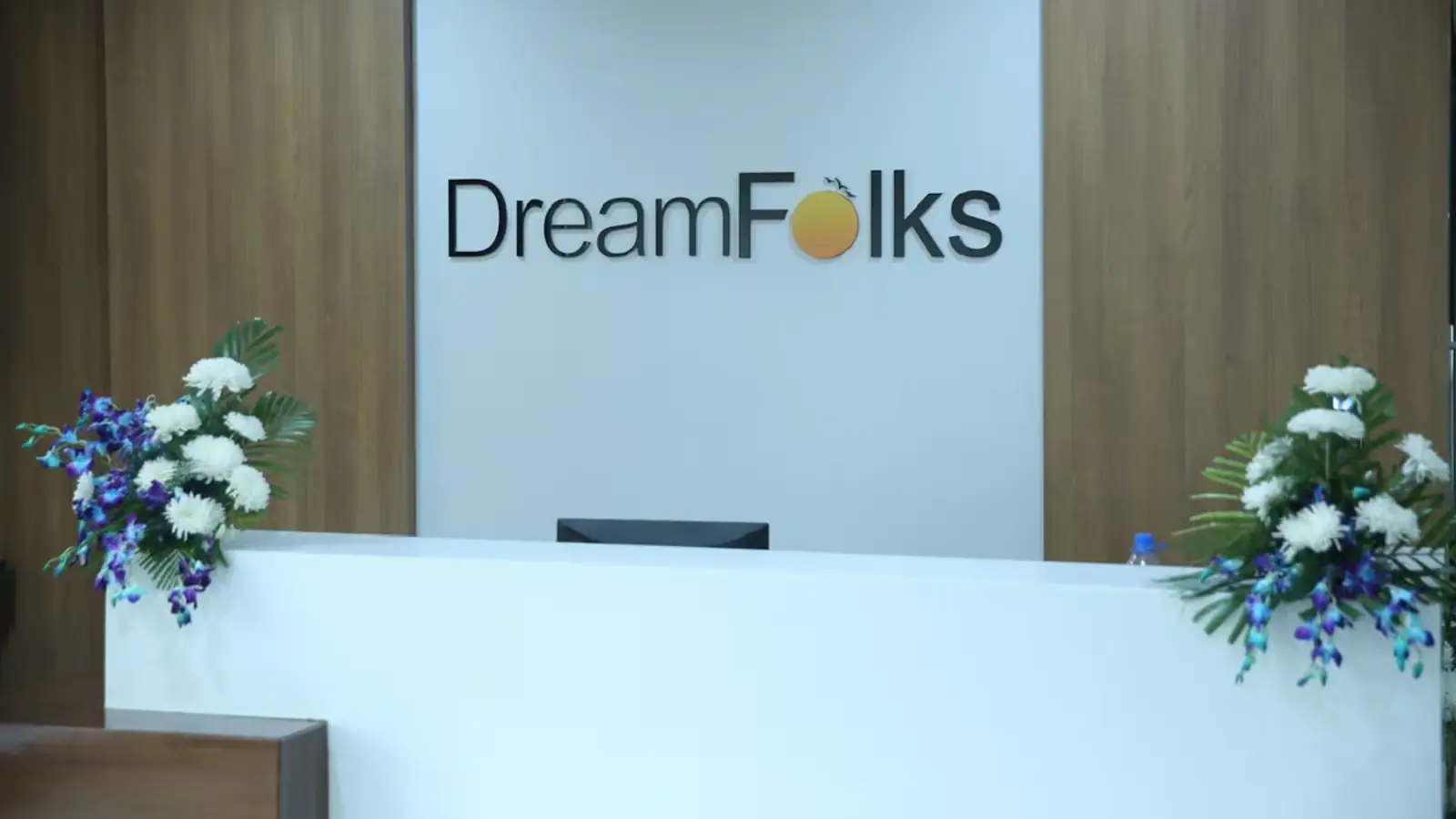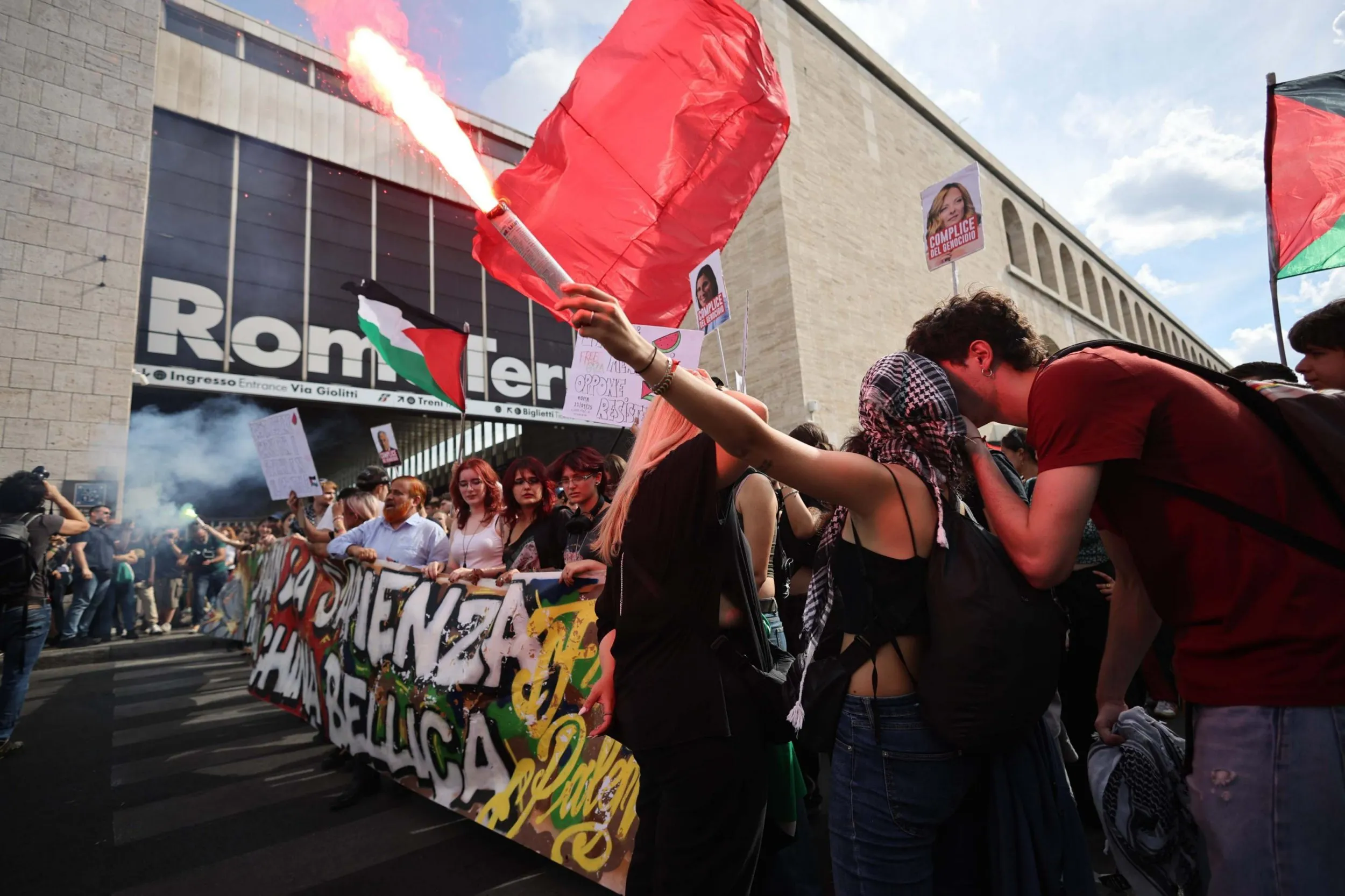More than 5,000 refugees ‘abusing’ State accommodation by refusing to leave, justice minister says
By Irishexaminer.com,Liz Dunphy
Copyright irishexaminer

“Many of these individuals are working but do not contribute to their accommodation costs,” Mr O’Callaghan will tell the Oireachtas justice committee on Tuesday.
“This is both inequitable and intolerable in circumstances where there remains a significant cohort of international protection applicants left unaccommodated,” he said.
The Government also wants to see working international protection applicants pay towards their accommodation costs, Mr O’Callaghan will say in his opening statement to the committee.
This will be aligned to similar systems across the EU, he will say.
Proposals being considered by Government include potential charges to working asylum seekers ranging from €15 a week for those earning between €97 to €150; €35 a week for those earning between €150 and €210; and up to €238 a week for anyone earning more than €600.
Asylum applicants are entitled to work after being in the country for six months.
Housing migrants in IPAS centres cost just over €1bn in 2024 with €1.2bn allocated for 2025.
“These figures are quite simply unsustainable and must be brought down,” Mr O’Callaghan will say.
Just under 90% of all accommodation is commercially sourced, he said, adding more than €40m has been saved this year through a new rate model which is driving down costs in new accommodation contracts and for any hotels or centres already in use when their contracts are being renewed.
More State-owned IPAS accommodation is also being brought onstream, with plans to increase the current number of almost 4,000 State-owned beds to 14,000.
“There were only 900 State-owned beds in July 2024,” he will say.
The State provides accommodation to nearly 33,000 people today, 9,500 of whom are children.
And while the Government is working to slash housing costs, deportation numbers have risen.
More than double the number of deportation orders were signed this year compared to those signed in the same period last year, 2,846 compared to 1,411, Mr O’Callaghan will say.
The number of deportation orders signed in 2024 (2,403) had increased by 180% compared to 2023 (857), according to answers to a parliamentary question issued this summer.
Up to July 4, 2025, some 1,045 people departed from the State under various mechanisms, such as enforced deportation and voluntary return. Asylum applications have dropped by 40% since Mr O’Callaghan began his tenure as justice minister, he will say.
“My overall strategy for the international protection process, aimed at making more and faster decisions, is working,” he will say
An increase in staffing and improvements in ICT are speeding up and streamlining the international protection system, Mr O’Callaghan will say.
“In 2019, there were 143 International Protection Office staff. Today, there are 620. That’s an increase of 334%. In 2024, the International Protection Office delivered over 14,000 first decisions compared to over 8,500 in 2023.
“Already this year, the office has produced 13,800 decisions. While the International Protection Appeals Tribunal closed around 3,100 appeals in 2024 compared to over 1,700 in 2023. To date, it has already produced 4,100 in 2025.”
Ireland had seen a major increase in asylum applications.
“In 2016 there were 2,244; 2017 saw 2,926; 2028 saw 3,673, and 2019 saw 4,781. The covid years of 2020 and 2021, with international travel hugely restricted, saw a drop to 1,566 and 2,649 respectively,” Mr O’Callaghan will say.
“Between 2022 and 2024, this pattern changed quickly and substantially, with a surge in the numbers arriving rising to over 13,500 in 2022 and 2023, and 18,560 in 2024. At the same time, over 114,000 people arrived in Ireland fleeing the war in Ukraine. Consequently, a total of 159,000 people arrived in Ireland claiming temporary protection or international protection in a three-year period.”
The number of people entering the country claiming asylum or temporary protection from the war in Ukraine “created a crisis”, he will say.



